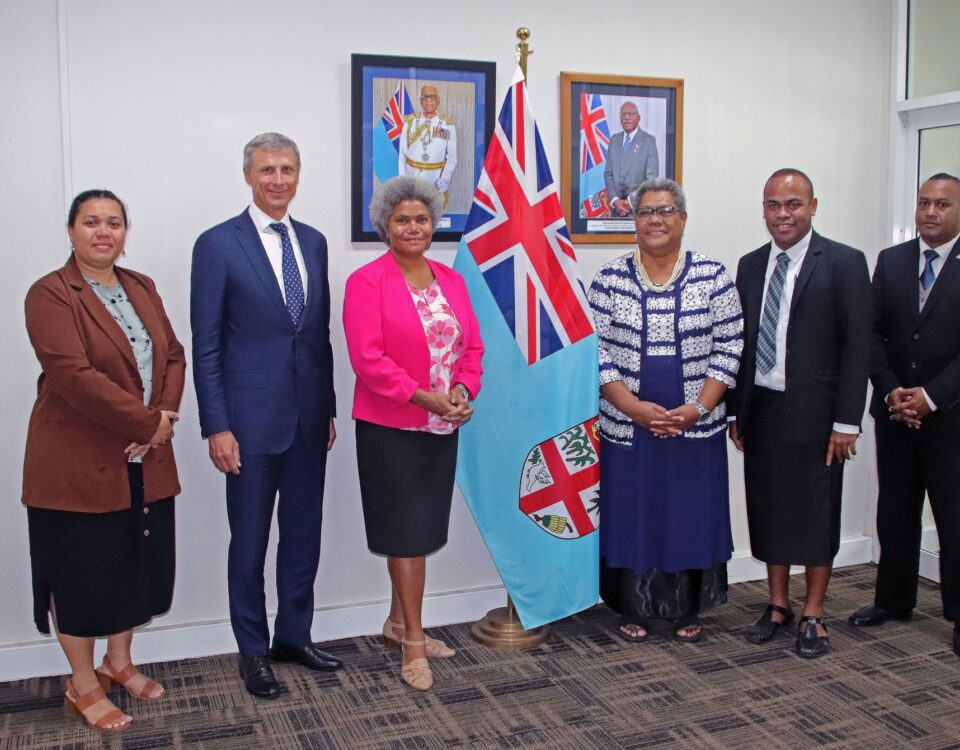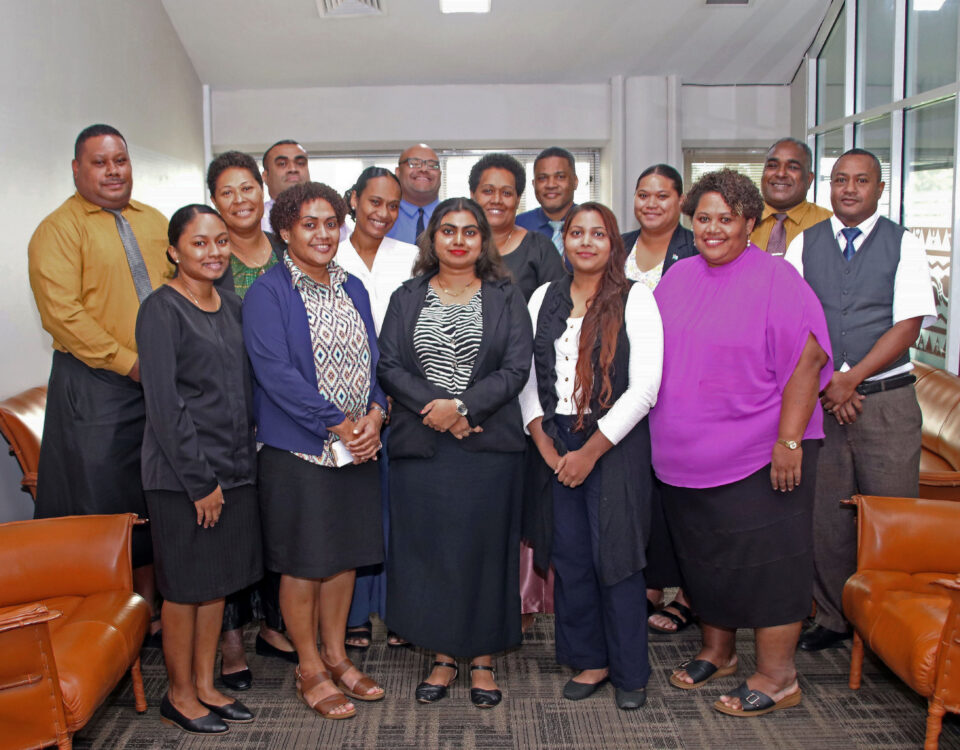
Fiji and Brazil sign Visa Waiver agreement
27/08/2017
Government approves review of Civil Service allowances
01/09/2017Published On: 28/08/2017
22 August, Brussels: Speaking at the “SIDS: Leading the Battle against Climate Change” event in Brussels today, Fiji’s Climate Ambassador and Ambassador to the Kingdom of Belgium, Permanent Representative to the European Union and Special Envoy to the UNFCCC, Deo Saran said that although Small Island Developing States are at the frontline of climate change impacts, they are also showing global leadership in taking constructive action to find solutions.
The Ambassador said an example of this was Fiji’s selection to become the first small island country to preside over the annual Conference of the Parties to the 1992 United Nations Framework Convention on Climate Change (COP23).
The event was organised by the Republic of Maldives, which is currently chair of the Alliance of Small Island States (AOSIS) under the UNFCCC and the European Institute for Asian Studies (EIAS). Participants included the European Union and university students from Netherlands.
“Fiji’s vision is to build greater resilience for all vulnerable nations to the impacts of climate change, including extreme weather events and rising sea levels; to enable access to climate adaptation finance, renewable energy, clean water and affordable climate risk and disaster insurance; and to promote sustainable agriculture,” the Ambassador said.
“As the incoming COP President, we aim to defend and develop the Paris Agreement. We want to strengthen the resilience of the most vulnerable nations to climate change and to forge a grand coalition between governments, civil society, science and the private sector to speed up climate protection,” he added.
The Ambassador also emphasised the steps Fiji is taking at home, at the local level. “Fiji has a Green Growth Framework and has aggressively pursued and implemented policies to promote sustainability in the country, all while partnering with the private sector and international organisations to elevate the issue on the global stage.”
“Fiji has pledged to transition completely to renewable energy sources by 2030 and has adopted a reforestation policy intended to store carbon in freshly planted trees. Working alongside the Global Environment Facility, the Green Climate Fund and several United Nations agencies, we have also activated efforts to monitor and launch rapid response to climate-related risks.’





